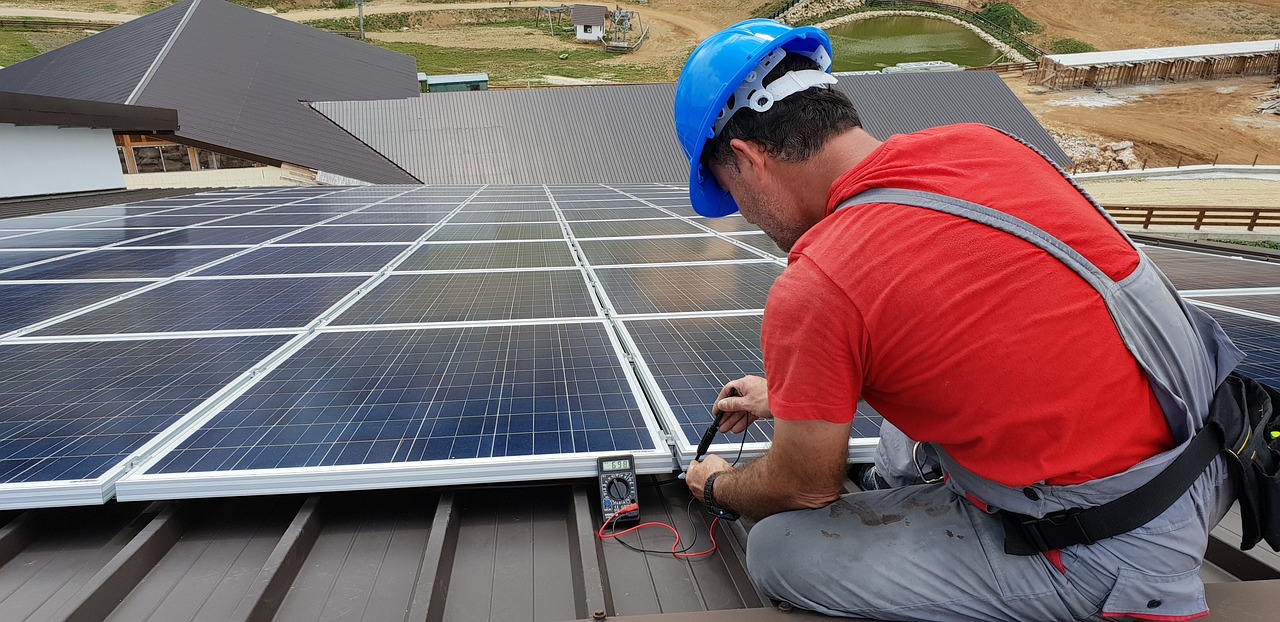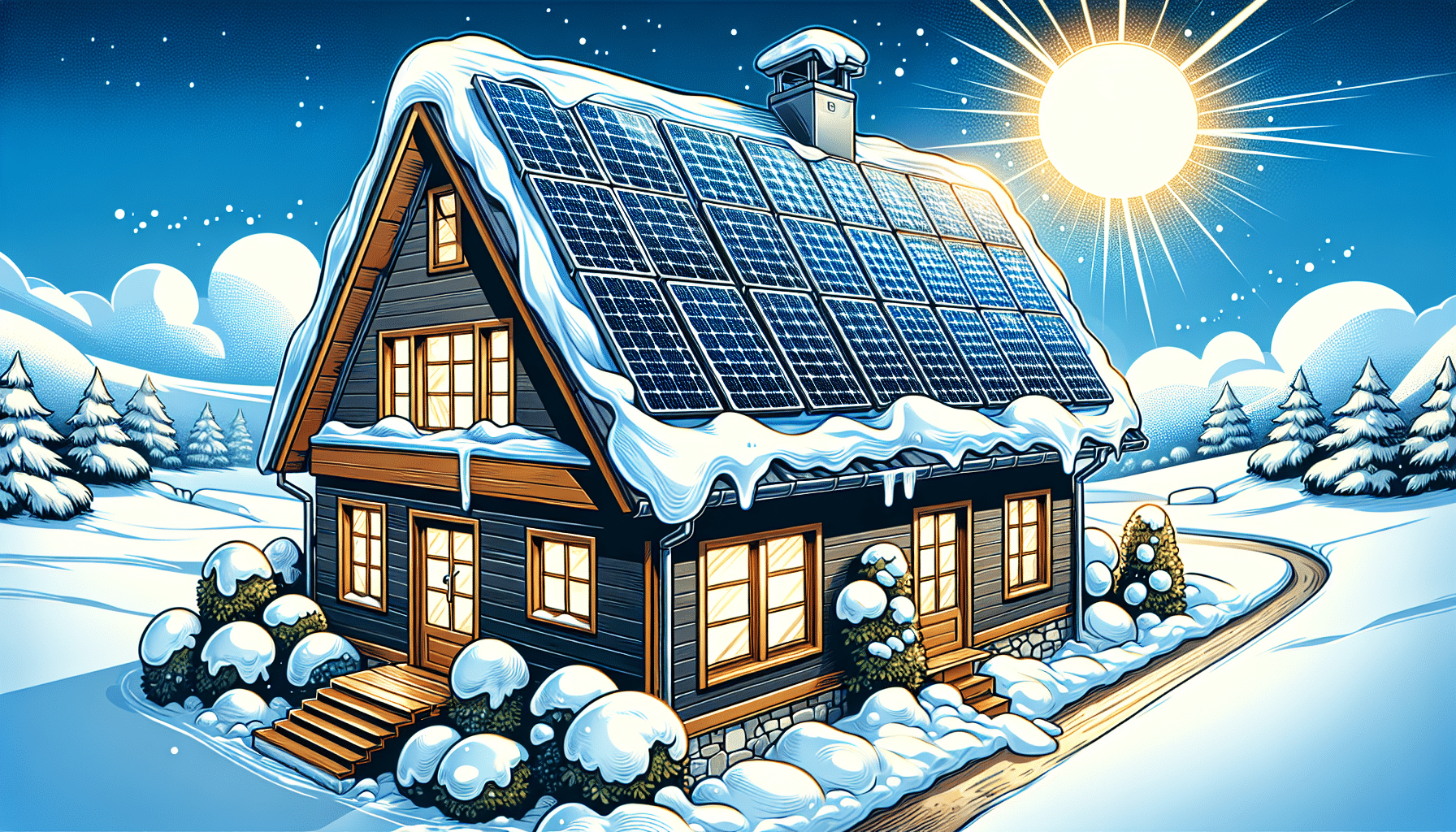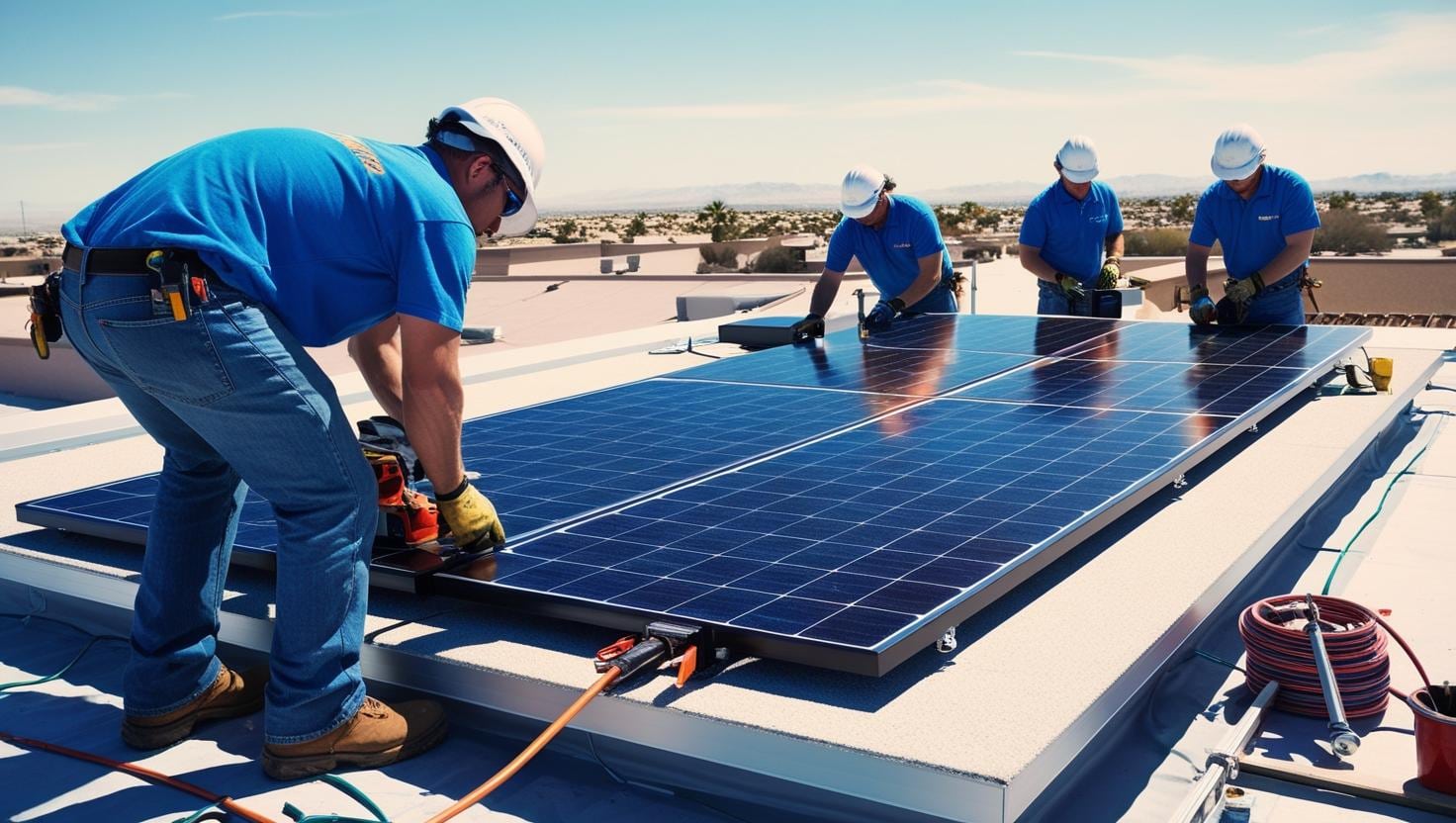Using the sun’s power to generate electricity is not only a remarkable feat of technology but also a crucial step towards reducing our carbon footprint and creating a greener future. As solar energy becomes more mainstream, it’s essential for individuals to make informed decisions before installing solar panels.
1. Environmental Impact of Installing Solar Panels
Solar panels play a pivotal role in reducing greenhouse gas emissions. By harnessing the sun’s energy, we can significantly decrease our reliance on fossil fuels, leading to a reduction in harmful carbon dioxide emissions. However, the efficiency of solar panels can be influenced by several factors:
- Positioning and Angle: The angle at which the panels are installed can affect their efficiency.
- Weather Conditions: Overcast or rainy days can reduce the amount of sunlight the panels receive.
- Maintenance: Regular cleaning and maintenance ensure the panels operate at peak efficiency.
For more insights on the environmental benefits of solar energy, check out this article and this guide on solar panel efficiency.
2. Financial Viability
The cost of solar panel installation can vary based on several factors, including the type of panel and the region. Monocrystalline panels, for instance, are known for their efficiency but might come at a higher price point. Homeowners can expect significant savings on their energy bills over time, making the initial investment worthwhile.
For more information on financing for solar panels, visit Sun Source. Additionally, you can explore the cost of solar panels and potential savings with solar panels.
3. Technical Aspects to Look For When Installing Solar Panels
Before installing solar panels, homeowners should consider:
- Roof Suitability: Not all roofs are suitable for solar installations. Factors like the roof’s angle, material, and structural integrity play a role.
- Solar Energy Reception: The amount of solar energy an area receives can be influenced by its latitude, the season, and local weather patterns.
For more on rooftop suitability, check out this article. You can also learn about solar panel maintenance and solar radiation basics.
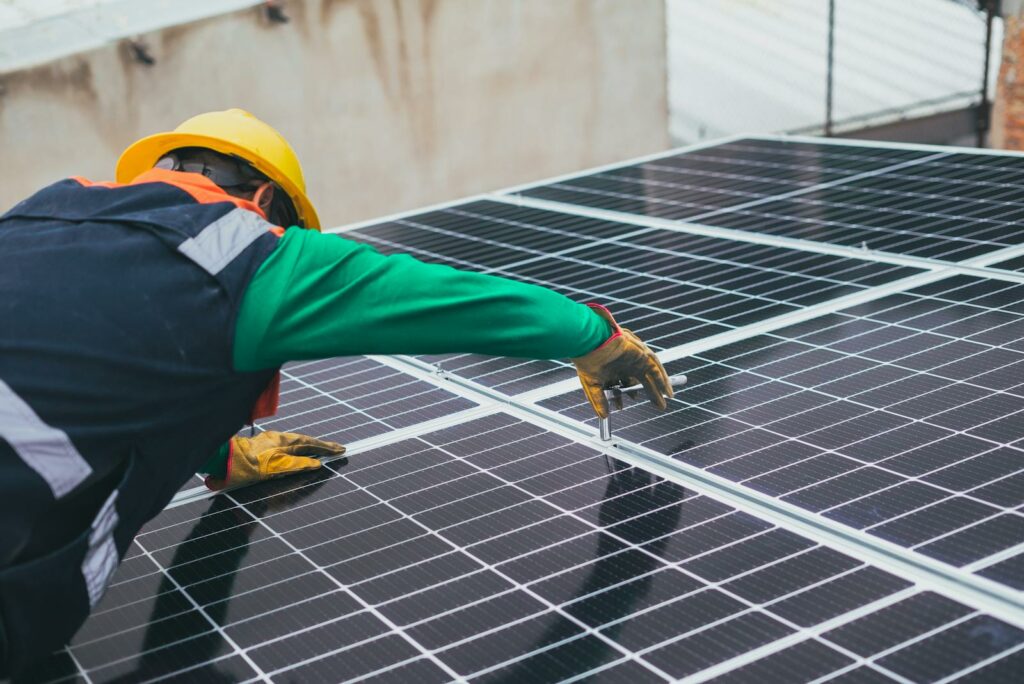
4. Regulatory and Permitting Requirements
Ensuring that your solar panel installation complies with local regulations is crucial. Homeowners should be aware of any restrictions, especially if they live in areas governed by Homeowners’ Associations (HOAs). Additionally, understanding the best times to install solar panels can lead to more efficient installations and better energy capture.
For more on solar permitting, visit SolSmart and CNET’s guide on HOA guidelines for solar panels.
5. Delving into Energy Storage Options
Choosing between on-grid and off-grid solar systems can influence energy storage options. Solar panels with battery storage can ensure a continuous power supply, especially during grid outages, providing homeowners with peace of mind.
For more on the differences between grid-tied and off-grid solar, visit Chint Global and 8MSolar’s guide on solar panels during power outages.
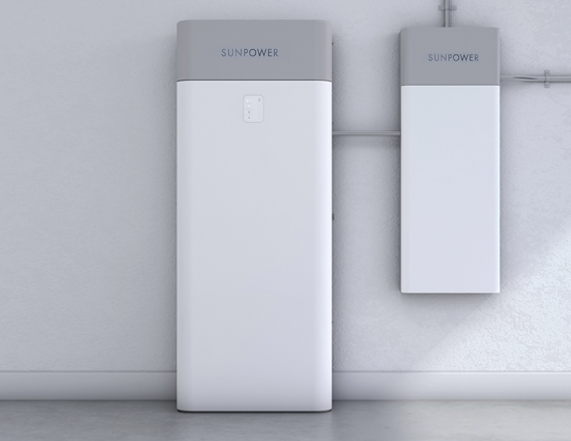
Conclusion
Installing solar panels is a significant step towards a sustainable future. By considering the factors highlighted above, you can ensure a smooth transition to solar energy and play a part in creating a greener planet. Learn more about our solar products and get a quote today.


